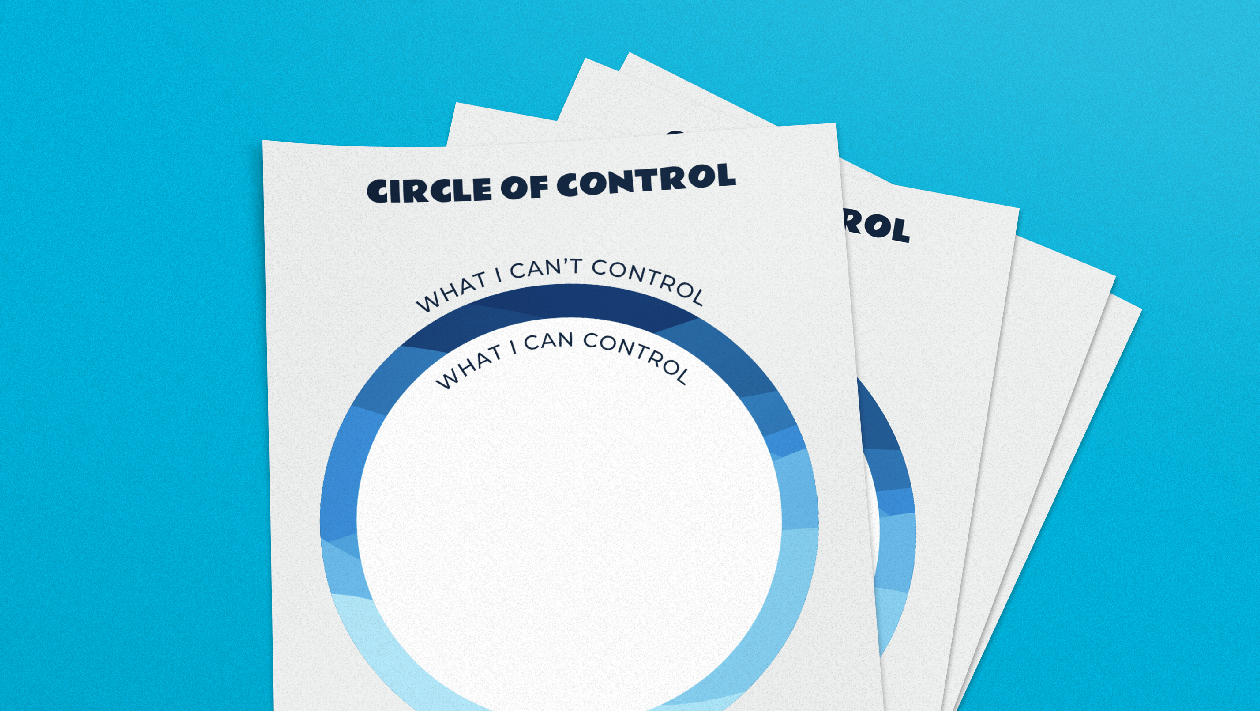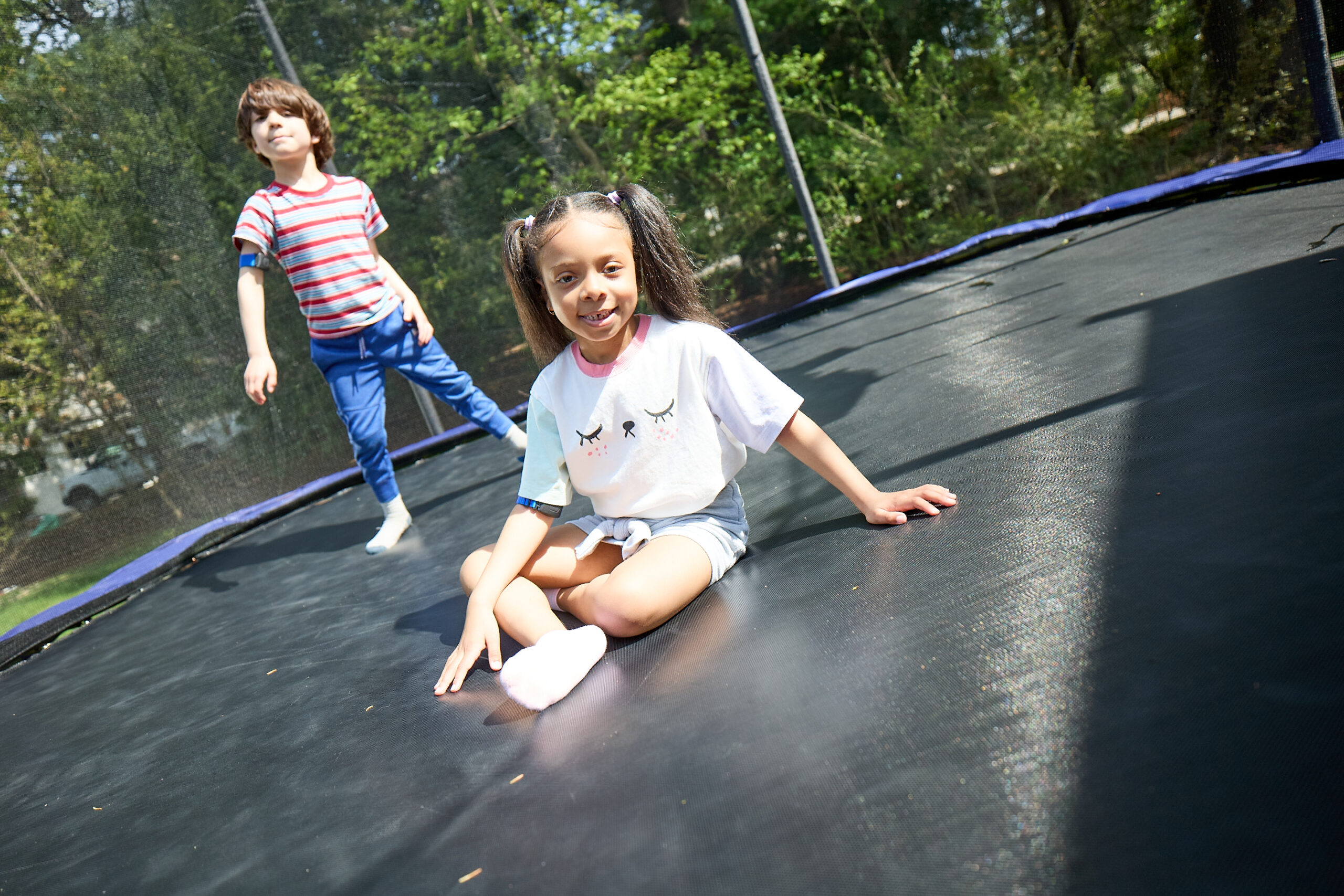Parenting a kid with ODD can be challenging. They frequently test boundaries, defy authority figures, have temper tantrums, and break the rules. If you have other children, you might have to break up fights among family members on a daily basis. Here are a few strategies and tips that may help curb your child’s behavior problems:
1. Find out the why. Behind every kid with ODD symptoms there is a why. Whether it be because school is hard, they are being bullied on the bus, or they are worried about making new friends, there is a reason behind the child’s symptoms and outbursts. We have found that once you can identify the root cause, everyone feels aligned on how to tackle the symptoms of ODD.
2. Know what to expect–and don’t take their behavior personally. Your child might call you names, say spiteful things, or exhibit physically aggressive behavior. Remind yourself that this doesn’t mean you are a bad parent, or that their accusations are true. Stay calm. Do not become argumentative or get drawn into power struggles. Remember that children with oppositional defiant disorder may seem fearless, but many are anxious and desperate to gain a sense of control over their environment.
3. Consistency is key. You might feel that the simplest and easiest course of action, especially when you are stressed or tired, is to give in to your child’s demands and tantrums rather than enforce house rules. However, in the long run, you and your child will benefit if you spell out consequences for inappropriate behavior and then follow through. We know as parents it can be hard to stay strict on rules when you are running out the door late for work or school, but usually, if you let things slip once they can come back to bite you later. Consistent routines can be a huge help in preventing behavioral problems.
5. Keep your expectations realistic. If you want your child’s disruptive behavior to change, you must start with small goals. Choose one specific defiant behavior you would like them to change, communicate your expectations, and impose natural consequences if your child doesn’t cooperate. Behavior change begins with small goals. Try dealing with one thing at a time. We know it can be hard to see the forest for the trees, but big changes in your child’s life begin with small steps.
6. Look for opportunities to praise your child. Use positive reinforcement to praise good behavior; positive parent-child interaction is a powerful tool. When your defiant child acts out, deal with it quickly and then move on. Use positive parenting to make challenging situations opportunities to practice positive behaviors. You will see that soon the misbehaviors will become less frequent.
7. Get support from people who understand your situation. Sharing your story can be therapeutic, and swapping tips with other caregivers can be helpful. You could join a Facebook group, connect with other parents in an online forum, seek parent training, or attend an in-person support group. At the end of the day, taking good care of your kids starts by taking good care of you.
8. Model a healthy lifestyle. A balanced diet, regular sleep, and regular exercise can all have positive effects on child behavior as well. Make healthy living a priority for your family — encourage your children to try new foods and physical activities. Lead by example and promote positive mental health and good physical health as lifestyle choices.
9. Don’t give up! Empower yourself by learning about ODD and its treatment. Cognitive-behavioral therapy (CBT) and, biofeedback are two common treatment plans., Family therapy is another option that addresses issues other family members might be experiencing. You may need to try a couple of approaches before finding the right one for your family, but it’s worth the effort. However challenging your child’s behavior might be, they can learn to regulate their emotions and improve their social skills for better relationships with others. Parenting is hard – but you’ve got this, and we’re all in it together!


















